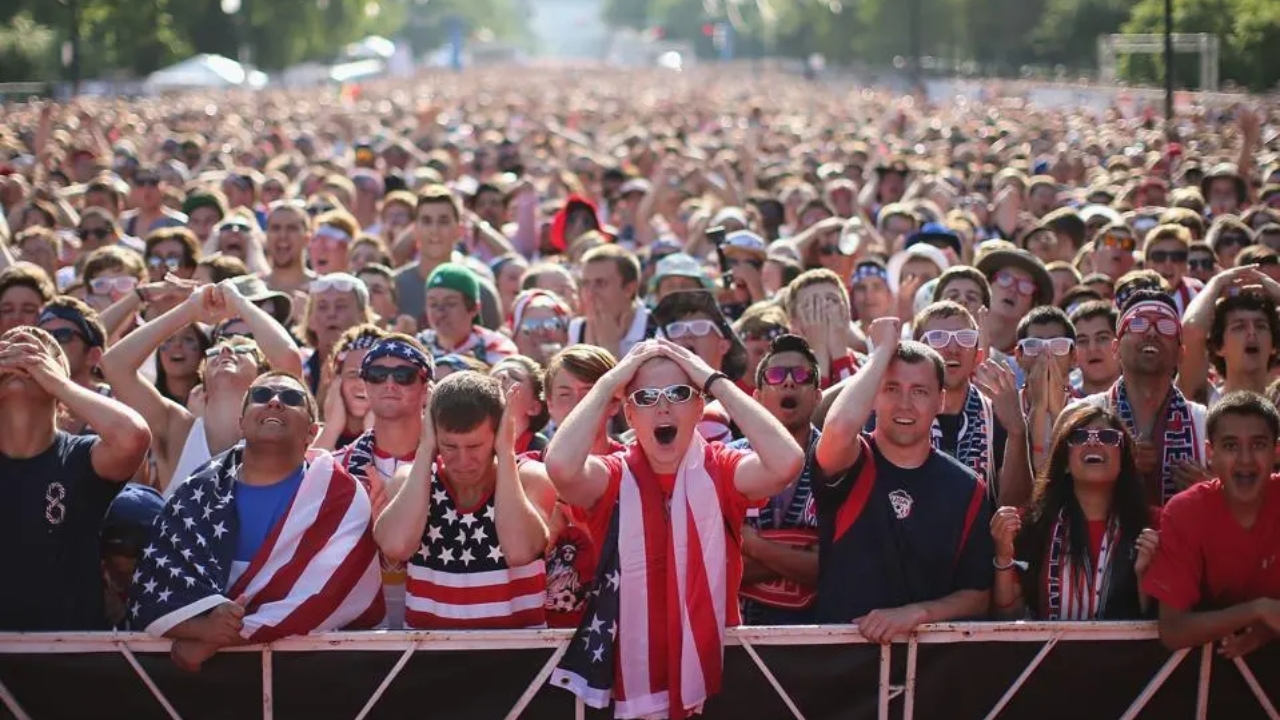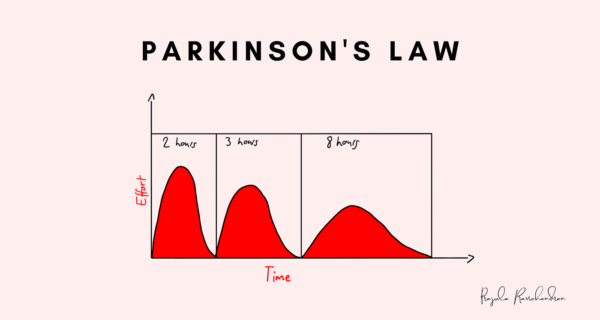Sports fan culture has dramatically influenced the American psyche through time. Sports have always been integral to American culture, from the Super Bowl to the NBA.
But is the influence of sports and fandom culture positive, or are there negative aspects? To be fair, there are arguments for and against both camps.
If you’re interested in learning more about the influence of sports fan culture in America, consider completing one of the many sports journalism masters programs that are available to enroll in online.
Alternatively, just keep reading as we take you through the concept further.
Sports Fandom: What Does it Mean to Be an American Sports Fan?
So, what is fandom? What does it mean to be a sports fan in America? Also known as ‘participatory culture,’ fandom means a lot more than simply liking something a lot.
Fandom can become part of your identity and give you a sense of belonging to something bigger than yourself. It means being part of a community; for many people, it gives meaning and purpose to their lives.
The psychology behind sports fandom dictates that several aspects motivate individuals to become sports fans. These psychological factors include:
Feeling Like We Need to Belong
As humans, we have a psychological need to belong. Perhaps this stems from a deep-set fear of being alone. Irrespective of the reason, humans love to be around other people and to feel included, valued and wanted.
Anchoring ourselves to others based on a shared love for a specific sports team gives us a sense of belonging and togetherness.
This helps boost our sense of self-worth and gives us the warm and fuzzy feeling of being included and valued as a group member.
If you were ever bullied in grade school, you’d understand what it means to be excluded. No one wants to be on the outer, and by joining a sports team as a fan, you’ll be welcomed into the inner sanctum of team membership and inclusion.
The Need to Create an Identity for Yourself
If we do not possess a strong sense of self, sports fandom can help us build an identity based on external factors. This can include relating to sports team values – such as strength, power, and mateship – and feeling like we embody them.
It means becoming a fan and identifying yourself as one. ‘Who do you support?’ becomes a loaded question. Identifying with certain teams can also indicate a person’s socio-economic background based on the geographic location the team represents.
Representation is key to identity creation, and if sports fans feel they can relate to their team on a personal level, they will often feel that their fandom forms an integral part of their own identity.
Celebrating Shared Achievements and Team Wins
Another aspect of sports fandom is celebrating our chosen sports teams’ wins as though they are our own achievements. A fan will declare, ‘We won!’ after their football team defeats the opponent.
But did they, really? Indeed, the achievement of the win was not of the fan’s own doing. They were not kicking the winning goal or tackling adversaries to the ground.
This is an example of vicarious experience, where sports fans take on their idols’ achievements as though they have accomplished them themselves.
Living through the actions of athletes and sportspeople allows fans to feel they have accomplished great things—even though they are just spectating from the comfort of their living rooms.
Fandom or Fanaticism: What’s the Difference?
There are questions to be asked about being an extreme sports fan. Is it just innocent fandom, or is it something altogether more sinister? Ultimately, there is a dark side to sports fandom.
Extreme sports fandom can elicit extreme emotion, as well as a concerning degree of obsessiveness. The psychology of fanatic behavior has also been seen to extend into negative behavior patterns, such as blind loyalty, hooliganism, and violence, for example.
On more than one occasion, sports matches involving rival international teams have seen crowds degenerate into nationalistic riots—flares and all.
But it’s not all bad. Sports fan culture has also positively influenced American culture and has helped foster a sense of community, inclusion, and belonging for many sports fans.












